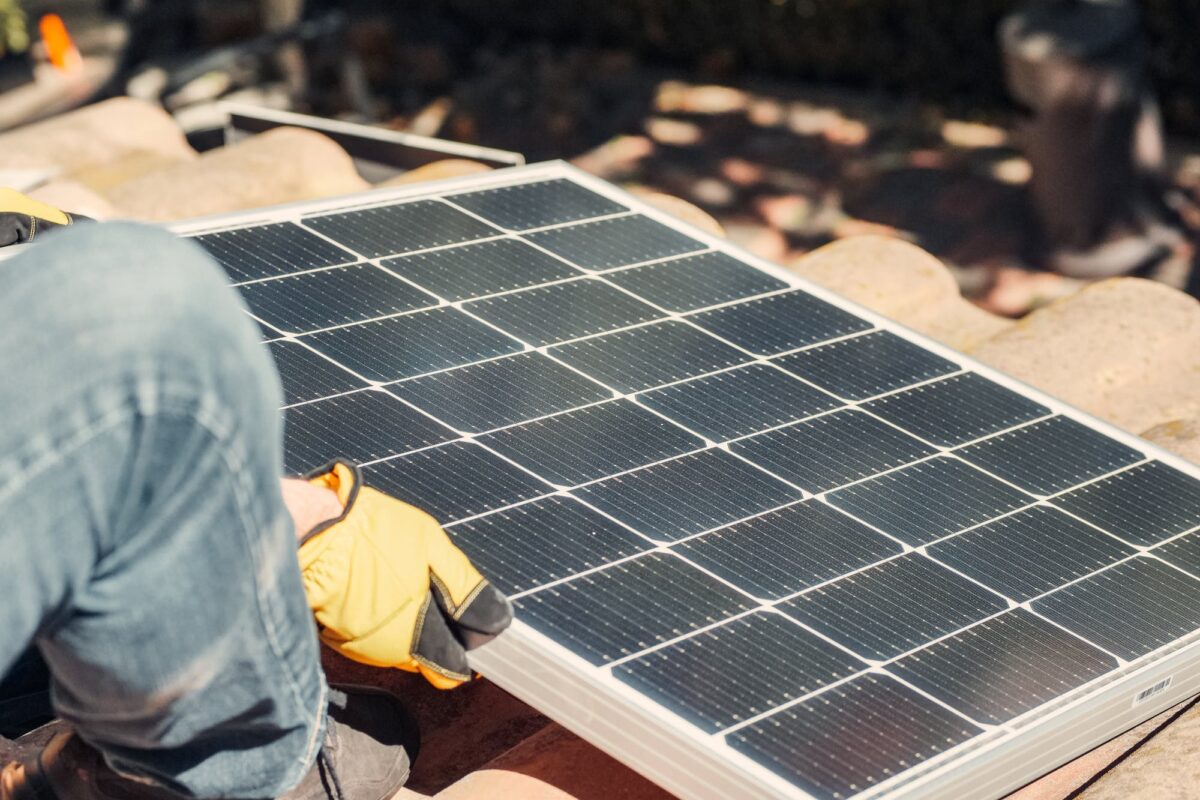The Build Back Better bill is inching toward a vote in the House of Representatives, and with it is a potential $3 billion allocated to smart grid research and upgrades.
Future energy resources will be characterized by both a mix of larger, utility-scale generation centers, and an increasing share of smaller, flexible distributed energy resources (DERs).
That was the outlook shared by mPrest CEO Andy Bennett, who joined pv magazine to talk about the future of DERs and the role of distributed energy resource management systems (DERMS).

Bennett’s company began as a defense systems manager, developing algorithms for Israel’s Iron Dome missile defense program, a highly complex and dynamic anti-aircraft system. mPrest later moved into energy, bringing experience with real-time, highly complex security systems management into its ground-up build of a DERMS service offering.
DERs that are located near load centers, like rooftop solar, are better able to respond to extreme weather events, national security events, or other unforeseen circumstances than centralized resources. They also come with a set of benefits for the grid, able to perform services like providing backup power under outages, supplying power in times of high demand, and, now increasingly, selling power in wholesale markets.
The Federal Energy Regulatory Commission’s (FERC’s) Order 2222 marked an important moment for DERs. It allows the aggregation of distributed resources for participation in wholesale energy markets. Expected benefits include lower costs for consumers through enhanced competition, more grid flexibility and resilience, and more innovation in the electric power industry.
Bennett said the FERC order will lead to a proliferation of entry of non-regulated aggregators and virtual power plants (VPPs), driving competition and complexity in the market. He said this broader market participation is good for the grid and for consumers, and opens the door for DERMS to derive more value from these flexible resources.

Image: Wikimedia Commons/David Maiolo
Bennett said that the economic stimulus package passed during the Obama administration led to a wellspring of advancement in grid control innovation, and a flood of intellectual capacity was drawn into the energy space. He said the stimulus may have placed too great a focus on the development and distribution of advanced metering infrastructure (AMI). He said that this time around, it may be best for policy to consider non-wires alternatives, like the ones seen connected and managed by DERMS. The Biden bill is much larger than the Obama-era stimulus, and Bennett said he sees even more innovation on the way if it passes.
Bennett said that the U.S. simply cannot repair and replace the grid as it was, and that distribution will be the most cost-effective way forward.
“Electric vehicles alone increase a home’s energy load by nearly 50%,” said Bennett. “This puts a whole new set of difficulties for transformers already in need of replacement.” Combined with growing electrification, and a higher reliance on distributed renewable energy, and it becomes clear that the old way of building the grid doesn’t fully match up with new needs, he said.
Bennett said that while DERs can be more resilient and reliable, they need to be managed properly to maintain that status. He said that DERMS de-risk distributed solar, EVs, and other connected DERs, and make them better able to predict and respond to disruptive events, like an overloaded transformer that fails, for example.
Bennett said the time to adopt better management tools before these problems occur is now. “We don’t want backlash on what we know is a fundamentally good thing in distributed energy resources, something that better protects the environment and saves people money.”
Learn more about the future of the grid and the role of solar PV in a recap of our recent annual Roundtables USA 2021 live event.
This content is protected by copyright and may not be reused. If you want to cooperate with us and would like to reuse some of our content, please contact: editors@pv-magazine.com.









By submitting this form you agree to pv magazine using your data for the purposes of publishing your comment.
Your personal data will only be disclosed or otherwise transmitted to third parties for the purposes of spam filtering or if this is necessary for technical maintenance of the website. Any other transfer to third parties will not take place unless this is justified on the basis of applicable data protection regulations or if pv magazine is legally obliged to do so.
You may revoke this consent at any time with effect for the future, in which case your personal data will be deleted immediately. Otherwise, your data will be deleted if pv magazine has processed your request or the purpose of data storage is fulfilled.
Further information on data privacy can be found in our Data Protection Policy.